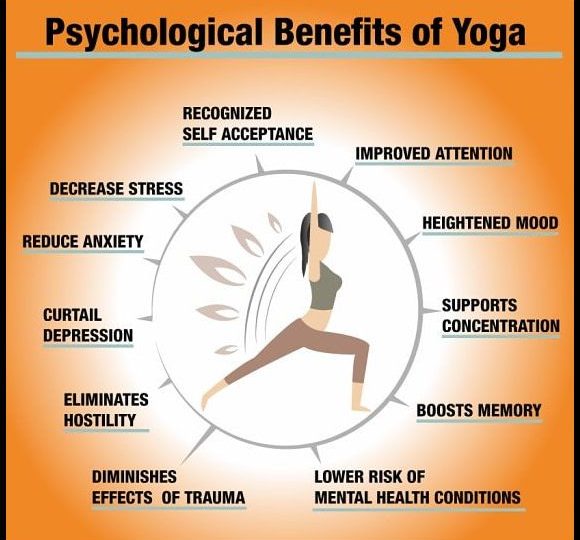Yoga has been practiced for centuries and has gained popularity worldwide for its numerous benefits for both physical and mental health. It is a holistic approach to wellness that combines physical postures, breathing exercises, meditation, and mindfulness to help individuals achieve balance and harmony in their lives.
1. Improved Flexibility and Strength
One of the most well-known benefits of yoga is improved flexibility and strength. The various poses and movements in yoga help to stretch and strengthen muscles, ligaments, and tendons, leading to increased flexibility and reduced risk of injury. Additionally, practicing yoga regularly can help to build lean muscle mass and improve overall strength.
2. Stress Relief and Relaxation
Yoga is also known for its stress-relieving and relaxation benefits. The breathing exercises and meditation techniques used in yoga help to calm the mind and body, reduce stress levels, and promote relaxation. This can be especially beneficial for individuals who lead busy and hectic lifestyles.
3. Improved Posture and Balance
Yoga can help to improve posture and balance by strengthening the core muscles and promoting proper alignment of the spine. This can lead to better body awareness, reduced strain on the muscles and joints, and a decreased risk of falls and injuries. Improved posture and balance can also help to alleviate chronic pain and discomfort.
4. Increased Energy and Vitality
Regular practice of yoga can help to increase energy levels and vitality by improving circulation, breathing, and overall physical health. The combination of movement and mindfulness in yoga can help individuals feel more energized, focused, and motivated throughout the day. This can be especially beneficial for those who struggle with fatigue or low energy levels.
5. Enhanced Mental Clarity and Focus
Yoga can also help to improve mental clarity and focus by calming the mind, reducing distractions, and promoting mindfulness. The meditation and breathing techniques used in yoga can help individuals become more present and focused in their daily lives, leading to improved concentration, memory, and cognitive function.
6. Better Sleep Quality
Many individuals who practice yoga regularly report improved sleep quality and a reduction in sleep disturbances. The relaxation and stress-relieving benefits of yoga can help to calm the mind and body before bedtime, leading to a more restful and rejuvenating night’s sleep. Better sleep quality can have a positive impact on overall health and well-being.
7. Enhanced Emotional Well-Being
Yoga is also beneficial for emotional well-being, as it can help individuals manage emotions, reduce anxiety and depression, and promote a sense of inner peace and contentment. The mindfulness and self-awareness practices in yoga can help individuals connect with their emotions and thoughts in a healthy and constructive way, leading to improved mental health and emotional resilience.
Conclusion
In conclusion, the benefits of yoga for physical and mental health are numerous and well-documented. From improved flexibility and strength to stress relief and relaxation, yoga offers a holistic approach to wellness that can benefit individuals of all ages and fitness levels. Whether you are looking to improve your physical fitness, reduce stress, increase energy, or enhance mental clarity, yoga has something to offer for everyone. So why not roll out your mat and give yoga a try today?







